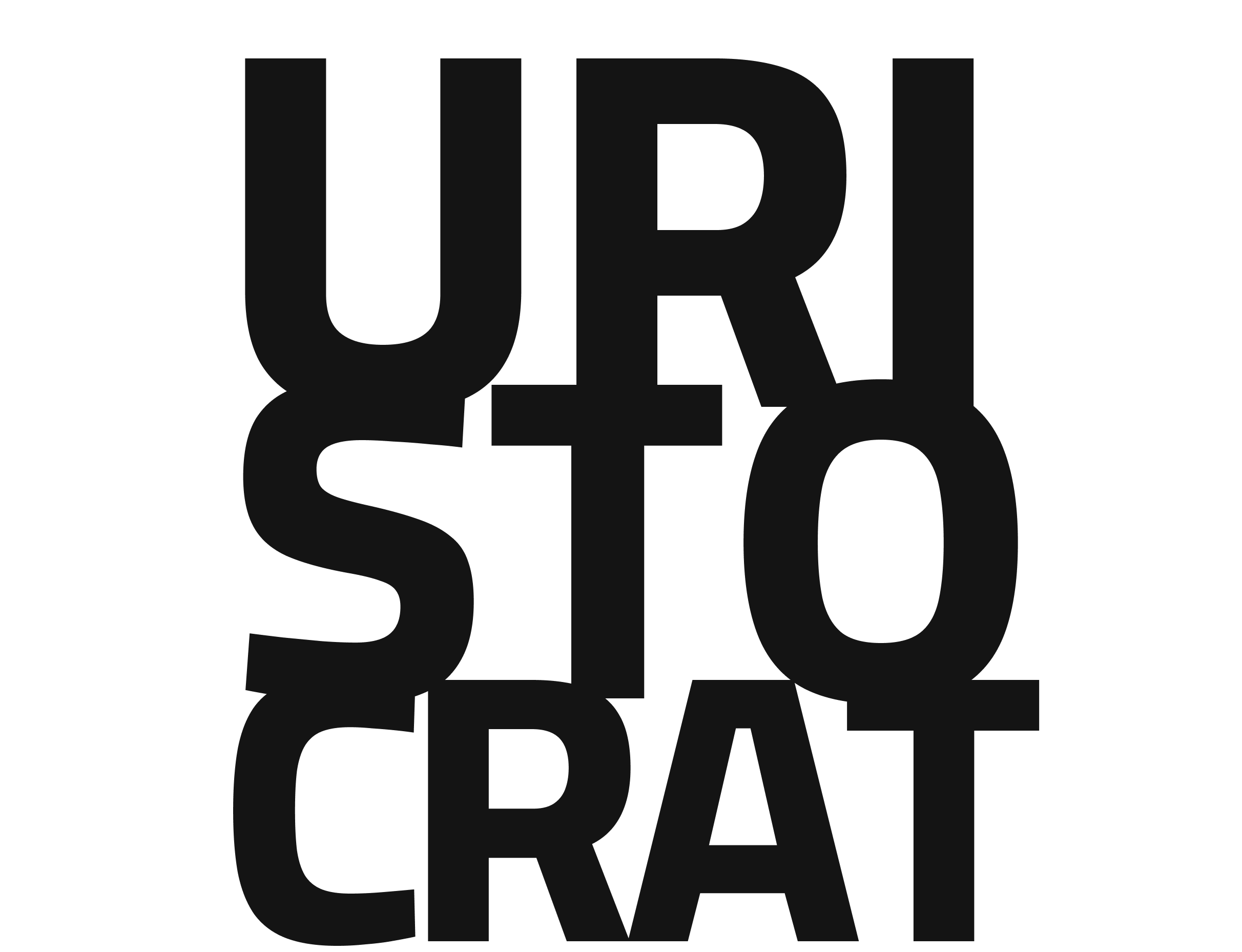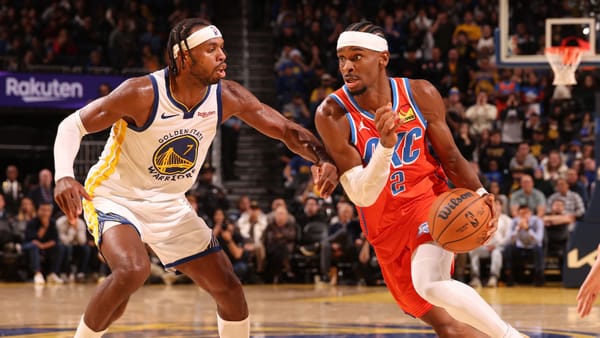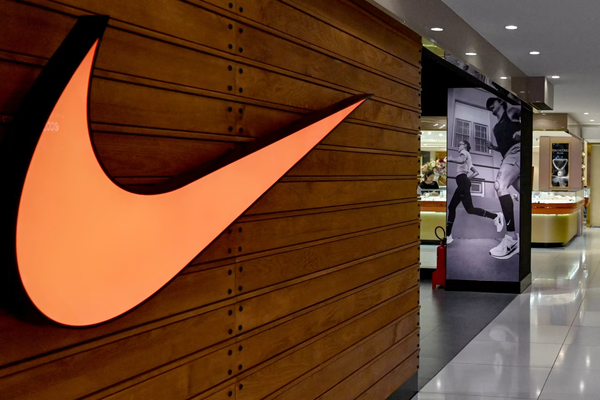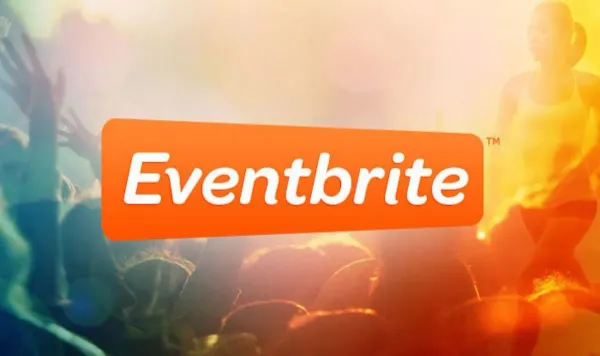College Sports Commission Relaxes NIL Collective Restrictions Following Legal Pressure

Key Takeaway
Less than a month after implementation, the House settlement's enforcement arm has already bowed to legal pressure and agreed to treat NIL collectives more like regular businesses—potentially reopening a massive loophole that could undermine the entire revenue-sharing framework.
What Happened
The College Sports Commission (CSC), the new enforcement entity created under the House settlement, has reached an agreement with House plaintiff attorneys to modify how it evaluates NIL deals from booster-backed collectives. According to Yahoo Sports' Ross Dellenger, the CSC will now treat collectives and other "school-associated entities" similarly to regular businesses when determining deal legitimacy through the NIL Go clearinghouse.
This represents a significant retreat from the CSC's initial hardline stance. The commission had previously indicated that entities whose primary purpose was paying athletes rather than selling goods and services to the public would likely fail the "valid business purpose" test—a standard that would have effectively neutered most collective operations.
The Legal Confrontation
The policy shift came after House plaintiff attorney Jeffrey Kessler sent a scathing letter to NCAA and power conference officials demanding they "retract" the restrictive guidance. Kessler argued that collectives should not be treated differently from other businesses, stating: "There is nothing in the Settlement Agreement to permit [NCAA and conferences] or the CSC, acting on their behalf, to decide that it would not be a valid business purpose for a school's collective to engage in for-profit promotions of goods or services using paid-for student-athlete NIL."
The attorneys were prepared to bring the dispute before Judge Nathanael Cousins, the settlement's appointed magistrate, if necessary.
Why This Matters
This development threatens to undermine a core objective of the House settlement: curbing the influence of booster-backed collectives that have turned NIL into de facto pay-for-play schemes. Deloitte officials had projected that 70% of past collective deals would have been denied under the original interpretation, while 90% of deals with legitimate businesses would have been approved.
The relaxed standards potentially create a pathway for collectives to continue massive athlete payments outside the $20.5 million revenue-sharing cap—as long as they can frame transactions as legitimate business purposes involving goods or services sold to the public for profit.
Industry Context
The House settlement was designed to bring order to college sports' chaotic NIL landscape by allowing schools to directly pay athletes up to a capped amount while strictly regulating third-party deals. However, early implementation has revealed significant vulnerabilities:
- Frontloading schemes: Schools have been racing to distribute millions in collective payments before July 1 to avoid the new enforcement structure
- State resistance: Tennessee passed legislation allowing its schools to break House settlement rules without penalty
- Legal challenges: Multiple attorneys expect the entire clearinghouse system to face antitrust scrutiny
What's Next
The CSC's early capitulation raises serious questions about its ability to effectively regulate the new college sports economy. If collectives can easily restructure their operations to meet relaxed "valid business purpose" standards, the fundamental promise of the House settlement—controlling runaway compensation through boosters—may prove illusory.
Meanwhile, Congress is considering legislation that would codify the settlement terms and provide antitrust protection, though Democratic opposition remains strong.
As one athletic director told Yahoo Sports: "If we go back to external NIL that is separate from the House pool revenue share and back to a pay-for-play model, then why did we settle?"
Sources:
• Yahoo Sports - House attorneys, power conferences work out deal to relax NIL collective roadblocks
• Yahoo Sports - House attorneys slam NCAA over denied NIL deals
• Sportico - College Sports Commission Analysis
• Yahoo Sports - What is NIL Go?




